Description
-
Barbara Culatta – Reduce Emotional Outbursts, Shutting Down and Oppositional Behaviors in Social and Academic Settings: Proven Language-, Communication- and Attachment-Based Interventions
- Faculty:
- Barbara Culatta
- Duration:
- 5 Hours 49 Minutes
- Format:
- Audio and Video
- Copyright:
- May 01, 2020
- Language-based strategies to help children identify and use internal state words to express emotions and reactions
- Communication and attachment strategies to promote relationship building, social problem solving, and academic performance
- Personal narratives to help children process attachment disruptions and trauma to increase emotion understanding
- Mindfulness, guided imagery, and sensory awareness techniques to help children improve regulation
- Movement- and sensory-based strategies to address behavioral, communicative, and social goals
- Self-regulation deficits in children with ASD, ADHD, ACEs, and LLD
- Development of self-regulation, emotion understanding, and Theory of Mind (ToM)
- Language and cognitive processes involved in social-emotional development
- Link among attachment, relationships, and emotions
- Exercises to measure understanding of words for internal states
- Tools to assess comprehension and connection of internal states to plans and actions
- Mechanisms to chart and monitor behavior
- Rubrics to assess social skills
- Checklists to determine factors that influence language and behavior
- Apply attachment theory to emotion understanding and social interactions
- Scaffold interactions to achieve topically-related turn taking
- Social narratives to establish social roles and rules
- Co-regulation strategies to build relationships
- Teach language to identify and express internal states
- ”Emotional Thermometer” to match feelings to appropriate responses
- Personal narratives to process emotionally-charged events
- Self-talk, positive messaging, and labeling of internal states to manage emotions
- Move from tight routines to flexible scripts to ensure participation in group activities
- Calming, mindfulness, and bibliotherapy techniques
- Intrinsic motivation, positive engagement, and self-efficacy to improve behavior
- Movement and sensory experiences to engage children in learning
- Project- and team-based learning opportunities to establish rules for social participation
- Reinforcement system and procedures to manage behavior
- Apply Theory of Mind (ToM) to text comprehension
- Connect internal states with plans, goals, and actions
- Tell, map, and analyze personal and social narratives
- Link social, behavioral, and educational goals
- Guide participation in instructional conversations
- Scaffold inferencing and predicting
Description
Children and adolescents with ASD, ADHD, ACEs, and LLD lack self-regulation, emotion understanding, and social cognition. They display these deficits with a combination of poor conversational and interaction skills, frequent meltdowns, and disruptive/oppositional behaviors – accompanied by poor language, academic performance, and mounting frustration. How can we as therapists and teachers effectively identify, understand, and address these combined challenges to allow children to achieve both social and academic success?
The answer – develop a toolbox of language-, communication-, and attachment-based interventions!
Join international expert and author on language and literacy interventions Barbara Culatta, PhD, CCC-SLP, and learn to skillfully integrate language- and relationship-based strategies grounded in attachment and behavioral-cognitive research to effectively improve self-regulation, communication, and social skills in children. Dr. Culatta will guide you through a language-based framework that builds awareness of self and others, provides alternatives to acting out or shutting down, and is effective in any setting!
Purchase this recording and learn:
Feel the joy of setting children and adolescents on the path to a more regulated and successful life!
Handouts
| Manual – Reduce Emotional Outbursts, Shutting Down and Oppositional Behaviors in Social and Academic Settings (37 MB) | 86 Pages | Available after Purchase |
| Illinois Educators Self-study Instructions (28.5 KB) | Available after Purchase | |
| Illinois Educators Evaluation Form (1.2 MB) | Available after Purchase | |
| Instructions for ASHA credit – Self Study (64.4 KB) | Available after Purchase |
Outline
Relationship Among Self-Regulation, Language, and Social-Communication
Language and Behavior Assessments
INTERVENTIONS AND STRATEGIES TO:
Develop Social-Communication Skills and Emotion Understanding
Address Dysregulation and Challenging Behaviors
Promote Self-Regulation Within Language and Curricular Contexts While Meeting ELA Standards
Faculty

Barbara Culatta, PhD, CCC-SLP Related seminars and products: 2
Barbara Culatta, Ph.D., CCC-SLP, is an international expert and author on language and literacy interventions. She has been working with children in clinical and educational programs for 45 years. Dr. Culatta is renowned for creating a highly acclaimed language and literacy program (Systematic and Engaging Early Literacy) that utilizes the arts, representational play, and interactive activities as the basis for teaching language and literacy skills; and she has conducted research on the effectiveness of this program with children with ASD. She is well respected for her work in using scripted play, story enactments, and hands-on experiences as contexts for language and literacy instruction and intervention.
Dr. Culatta has written books (Language and Literacy Instruction in the Classroom and Systematic and Engaging Early Literacy), chapters, and publications on language and literacy instruction and interventions. She has received federally-funded professional development and intervention grants to document the effectiveness of innovative instructional approaches. Dr. Culatta’s research revolves around evaluating playful and personally-meaningful language and literacy interventions. She has conducted evidence-based interventions in English and Spanish-speaking settings that included children with challenging behaviors.
Dr. Culatta, professor emerita of Communication Disorders at Brigham Young University, completed her Ph.D. from the University of Pittsburgh and a postdoctoral fellowship from Johns Hopkins University.
Speaker Disclosures:
Financial: Barbara Culatta is a professor at Brigham Young University. She is the author of numerous chapters and articles and receives royalties from Plural Publishing. Dr. Culatta receives a speaking honorarium from PESI, Inc.
Non-financial: Barbara Culatta is the creator of the SEEL (Systematic and Engaging Early Literacy).
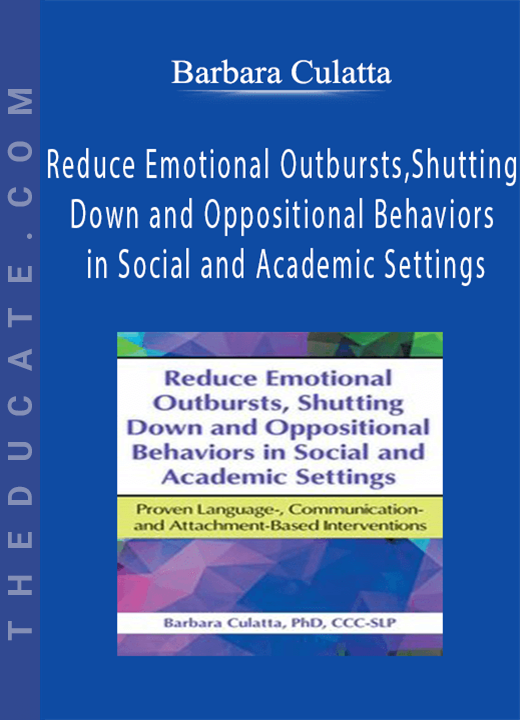
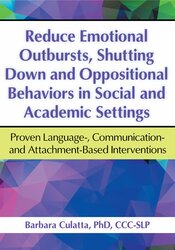

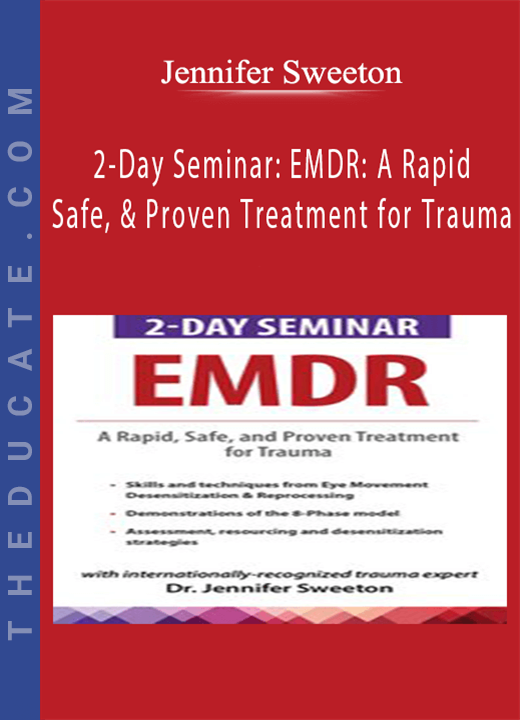
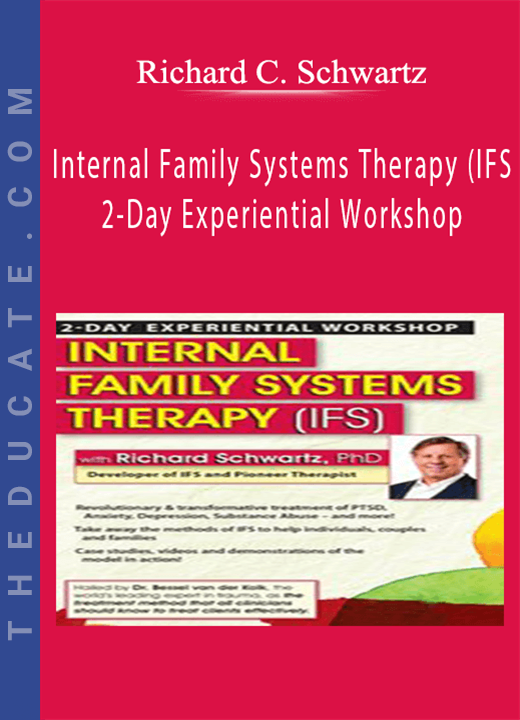
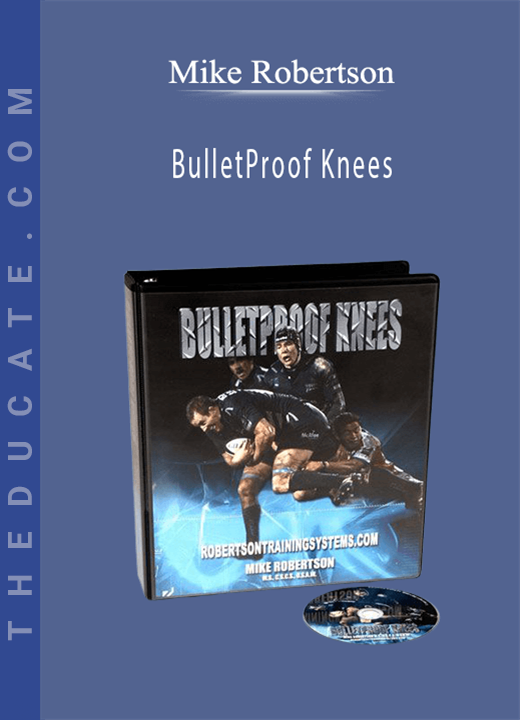

10 reviews for Barbara Culatta – Reduce Emotional Outbursts, Shutting Down and Oppositional Behaviors in Social and Academic Settings: Proven Language, Communication- and Attachment-Based Interventions
There are no reviews yet.